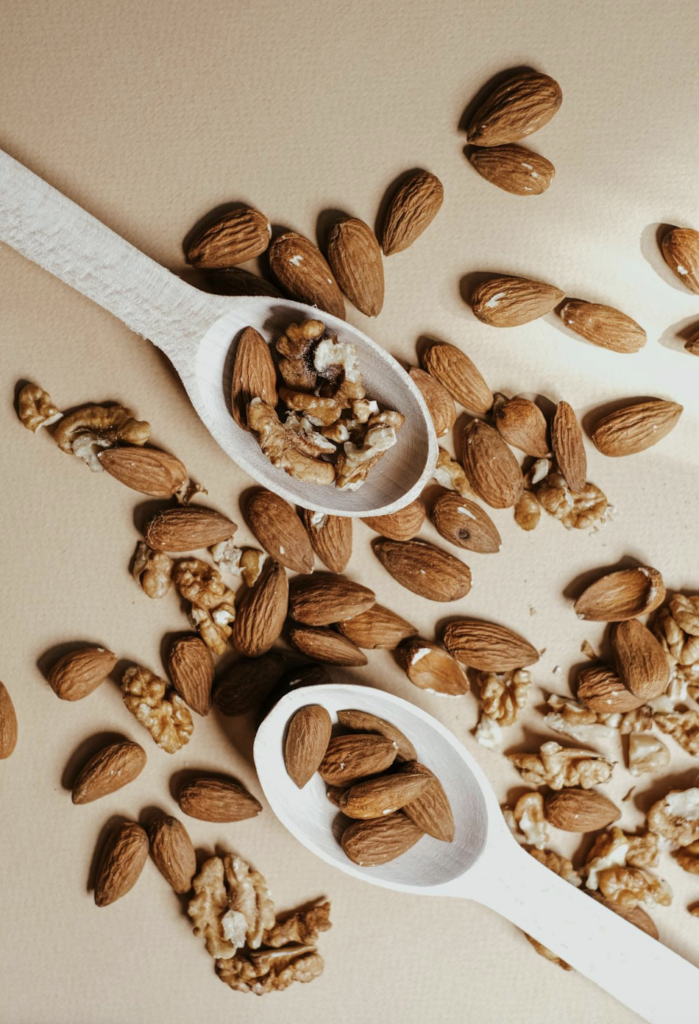Your heart works tirelessly to keep you alive, pumping blood and oxygen throughout your body. However, poor diet, stress, and lifestyle habits can increase the risk of heart disease. Learning how to support heart health naturally can help prevent cardiovascular problems and promote longevity. In this guide, we’ll explore 10 science-backed ways to keep your heart strong and healthy.
1. Eat a Heart-Healthy Diet

A balanced diet rich in nutrients, healthy fats, and fiber helps lower cholesterol, reduce inflammation, and support heart function.
✔ Best Foods for Heart Health:
- Fatty fish (salmon, sardines) – High in omega-3s to reduce inflammation.
- Leafy greens (spinach, kale) – Provide essential vitamins and antioxidants.
- Nuts and seeds – Contain heart-protective healthy fats.
- Whole grains (quinoa, brown rice) – Improve cholesterol levels.
💡 Tip: Reduce processed foods, trans fats, and excessive sugar to protect your heart.
2. Get Regular Physical Activity

Exercise strengthens the heart muscle, improves circulation, and helps regulate blood pressure.
✔ Best Exercises for Heart Health:
- Walking or jogging (30 minutes a day).
- Strength training (2–3 times per week).
- Yoga and stretching to reduce stress and blood pressure.
💡 Tip: Even 10-minute movement breaks throughout the day can improve heart function.
3. Manage Stress to Reduce Blood Pressure

Chronic stress raises cortisol levels, which can lead to high blood pressure and heart disease.
✔ Best Stress-Relief Techniques:
- Deep breathing and meditation.
- Engaging in relaxing activities like reading or listening to music.
- Spending time in nature or practicing mindfulness.
💡 Tip: Try the 4-7-8 breathing method to lower stress levels quickly.
4. Get Enough Quality Sleep

Poor sleep is linked to higher blood pressure, inflammation, and heart disease.
✔ How to Improve Sleep for a Healthier Heart:
- Stick to a consistent bedtime routine.
- Avoid caffeine and screen time before bed.
- Create a relaxing sleep environment (dark, quiet, and cool room).
💡 Tip: Aim for 7–9 hours of sleep per night to support overall heart function.
5. Maintain a Healthy Weight

Carrying excess weight increases the risk of high cholesterol, diabetes, and hypertension.
✔ Best Practices for Healthy Weight Management:
- Focus on whole, nutrient-dense foods instead of processed snacks.
- Stay physically active and move throughout the day.
- Avoid crash diets and aim for sustainable lifestyle changes.
💡 Tip: Even losing 5–10% of body weight can improve heart health.
6. Stay Hydrated for Proper Circulation

Water is essential for blood flow, oxygen delivery, and reducing heart strain.
✔ How to Stay Hydrated:
- Drink at least 8 glasses of water daily.
- Reduce sugary drinks and alcohol, which dehydrate the body.
- Eat hydrating foods like watermelon, cucumbers, and oranges.
💡 Tip: Dehydration can cause higher heart rate and blood pressure, so keep a water bottle handy.
7. Reduce Sodium Intake to Lower Blood Pressure

Excess sodium can lead to fluid retention and hypertension, increasing heart disease risk.
✔ How to Cut Back on Sodium:
- Cook at home to control salt levels.
- Avoid processed foods and canned soups.
- Season with herbs, lemon juice, or spices instead of salt.
💡 Tip: Potassium-rich foods like bananas and sweet potatoes help balance sodium levels.
8. Quit Smoking and Limit Alcohol Consumption

Smoking damages blood vessels and increases heart disease risk, while excessive alcohol raises blood pressure.
✔ Heart-Healthy Lifestyle Changes:
- Quit smoking to improve circulation and lung function.
- Limit alcohol to moderate levels (1 drink/day for women, 2 for men).
- Replace smoking and drinking habits with healthier activities.
💡 Tip: Even cutting back on alcohol and smoking gradually can benefit heart health.
9. Take Heart-Supporting Supplements

Certain vitamins and supplements can support cardiovascular health and reduce inflammation.
✔ Best Supplements for Heart Health:
- Omega-3 fatty acids – Reduce inflammation and lower cholesterol.
- Magnesium – Helps regulate blood pressure.
- CoQ10 – Supports energy production in heart cells.
💡 Tip: Always consult a healthcare provider before adding supplements to your routine.
10. Monitor Blood Pressure and Cholesterol Levels

Keeping track of key health markers helps detect potential issues early.
✔ How to Maintain Heart Health:
- Check blood pressure regularly (normal range: 120/80 mmHg).
- Get cholesterol levels tested annually.
- Maintain healthy blood sugar levels to prevent diabetes.
💡 Tip: If you have risk factors, talk to your doctor about personalized heart health strategies.
Conclusion
Supporting heart health naturally is about making sustainable lifestyle changes that promote longevity and well-being. By focusing on a heart-healthy diet, regular exercise, stress management, and hydration, you can significantly reduce the risk of heart disease and maintain a strong heart for years to come. Start implementing these tips today for a healthier cardiovascular system!
Read more on how to strengthen your joints naturally
Learn more about heart health from the American Heart Association
